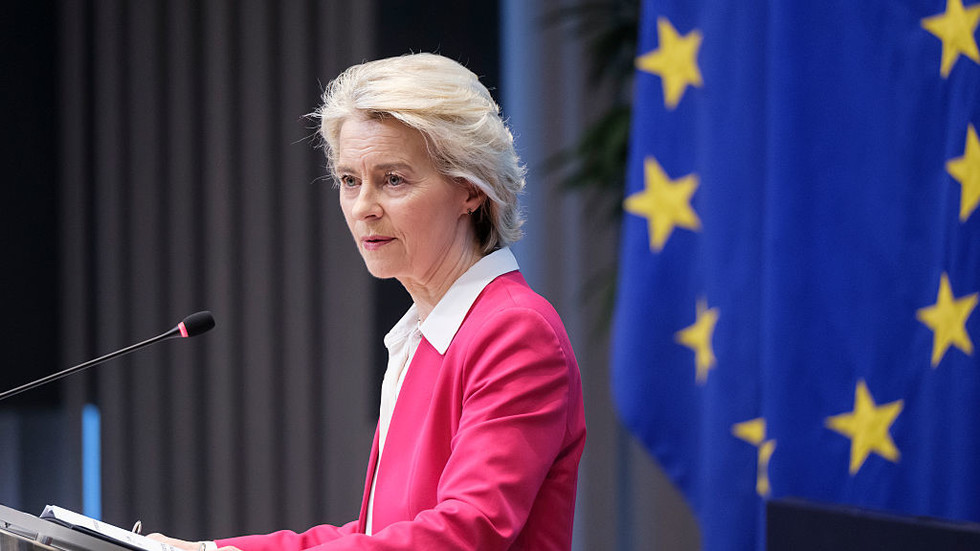In a landmark ruling on the Petroleum Industry Act 2021, the Federal High Court has confirmed the Nigerian Midstream and Downstream Petroleum Regulatory Authority’s authority to impose and collect levies on petroleum products sold in the country.
The court ruling follows a legal challenge by IHS Nigeria Limited and INT Towers Limited against the NMDPRA, contesting their liability to pay statutory 0.5 percent levies for the ‘Authority Fund’ and the ‘Midstream and Downstream Gas Infrastructure Fund’ on imported petroleum products. The plaintiffs argued that their products were not sold in Nigeria but used for internal business operations, exempting them from the levies.
Additionally, the plaintiffs sought to invalidate two key regulations for implementing the PIA: the Midstream and Downstream Petroleum Operations Regulations 2023 and the Petroleum (Transportation and Shipment) Regulations 2023. They claimed these regulations exceeded the provisions of the PIA and violated their constitutional rights to personal property.
Justice Inyang Ekwo of the Federal High Court Abuja Division delivered the judgment on February 5, 2024, supporting the arguments of the NMDPRA counsel Dr. Emeka Akabogu and affirming the validity of the regulations.
The court clarified that the definition of ‘sold in Nigeria’ covers three distinct situations: where goods are sold “fob” in Nigeria or its territorial waters, loaded or offloaded for sale within a wholesale point in Nigeria, or where the transaction originates, occurs, or concludes in Nigeria.
As a result of this judgment, the NMDPRA has been granted wide discretion under section 33 of the PIA to regulate the sector through subsidiary legislation. This ruling also extends the scope of the levy to petroleum products meant for export, making producers liable for payment as a precondition for valid export operations.
The Nigerian Midstream and Downstream Petroleum Regulatory Authority, established in September 2021, is tasked with establishing a more efficient regulatory framework for the country’s petroleum industry. It develops and implements policies and regulations for the midstream and downstream sectors, including refining, transportation, storage, and marketing of petroleum products. The agency also oversees licensing, compliance, and addressing stakeholders’ concerns in the industry.


